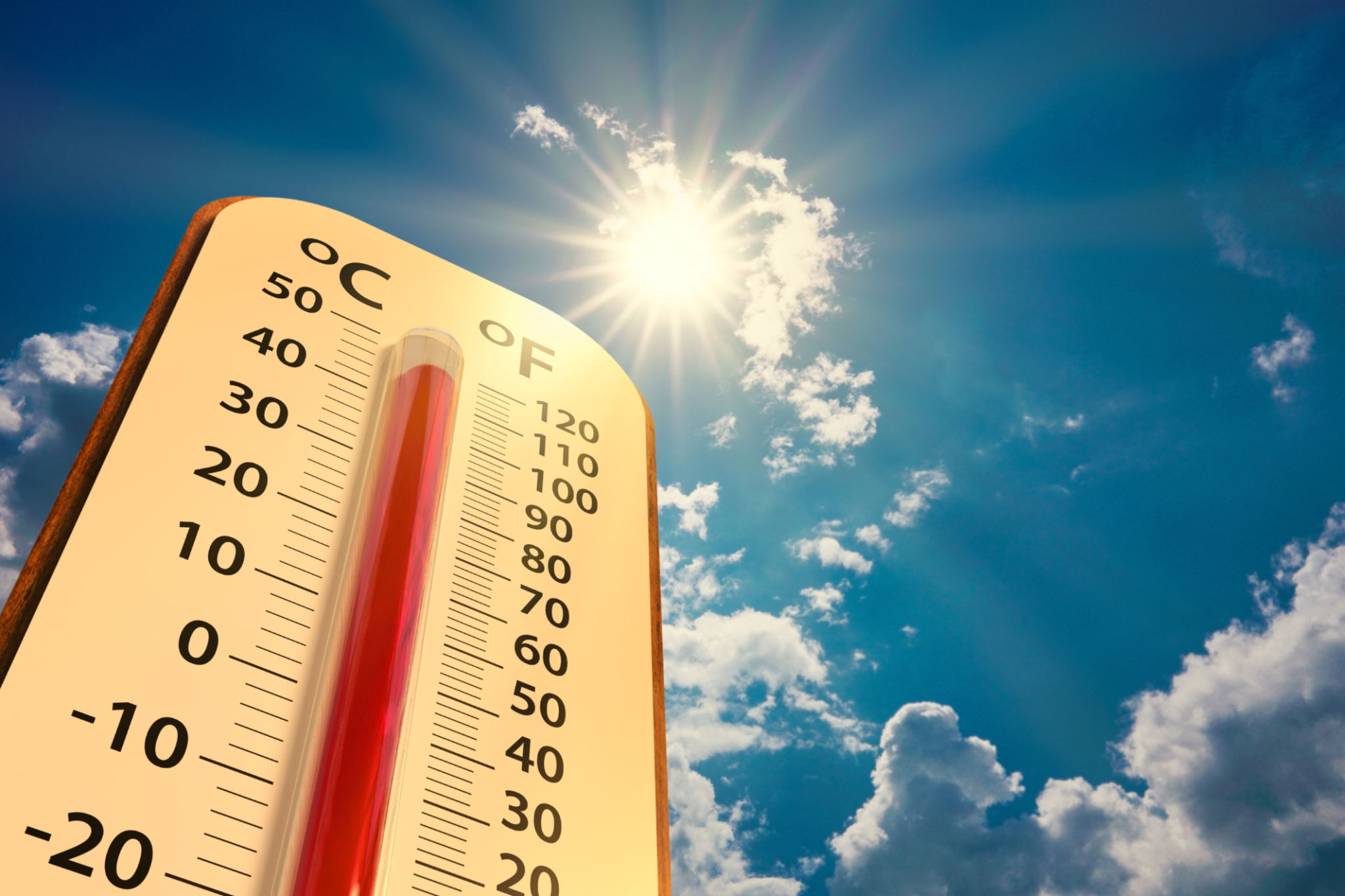How Weather in Illinois Affects Law Enforcement Operations
Introduction to Weather Challenges in Illinois
Illinois is known for its diverse weather patterns, which can significantly impact various sectors, including law enforcement. From harsh winters to sweltering summers, the state's climatic conditions pose unique challenges to police operations. Understanding these weather-related challenges is crucial for effective law enforcement planning and response.
The diverse weather in Illinois requires law enforcement agencies to be adaptable and prepared for any scenario. Effective strategies and resources are essential to navigate these environmental influences successfully.

Winter Weather and Its Impact
Snow and Ice Hazards
During the winter months, snow and ice can create hazardous conditions on roads, making patrols and emergency responses more difficult. Ensuring vehicles are equipped with the proper tires and safety gear is critical for officers' safety.
Snowstorms can lead to increased accidents and traffic disruptions, necessitating a higher police presence and quick response times. Officers must be prepared to handle vehicle-related incidents and assist stranded motorists.

Cold Weather Gear
Officers require specialized gear to withstand the cold temperatures during winter operations. This includes insulated clothing, gloves, and boots to maintain body warmth and ensure their ability to perform duties effectively.
Agencies must budget for and provide this gear, ensuring that officers are protected from the harsh elements while performing their duties in the field.
Summer Heat and Law Enforcement
Heatwaves and Officer Safety
In the summer, Illinois can experience extreme heatwaves that pose risks to both officers and the public. High temperatures can lead to heat exhaustion or heatstroke, particularly during prolonged outdoor activities.
Police departments must implement measures such as regular hydration breaks, air-conditioned vehicles, and heat-resistant uniforms to protect officers from the detrimental effects of heat.

Increased Crime Rates
Statistics often show a rise in certain types of crime during the summer months, possibly due to increased outdoor activities and social gatherings. Strategies are needed to address this seasonal trend effectively.
Agencies might increase patrols in high-risk areas or deploy additional resources to manage the uptick in incidents, ensuring public safety remains a top priority.
Flooding and Severe Weather Events
Illinois is not immune to severe weather events such as thunderstorms and flooding, which can disrupt normal police operations. Flooded roads can hinder mobility, making it challenging for officers to reach affected areas quickly.
Emergency preparedness plans are essential for managing these conditions. Coordination with other emergency services ensures that the community receives the necessary support during severe weather events.

Collaboration with Other Agencies
During severe weather conditions, law enforcement often collaborates with agencies such as fire departments, emergency medical services, and local government bodies. This collaboration is crucial for efficient resource allocation and response efforts.
Joint training exercises and communication plans help all involved parties work together seamlessly during emergencies, enhancing the overall effectiveness of operations.
Conclusion
The weather in Illinois, with its extremes of cold, heat, and severe conditions, presents ongoing challenges for law enforcement operations. By understanding these impacts and preparing accordingly, law enforcement agencies can ensure they continue to protect and serve their communities effectively, regardless of what the weather may bring.
Continuous training, appropriate gear, inter-agency collaboration, and strategic planning are key components in overcoming these weather-related hurdles. Adaptability and readiness remain central to effective law enforcement in Illinois.